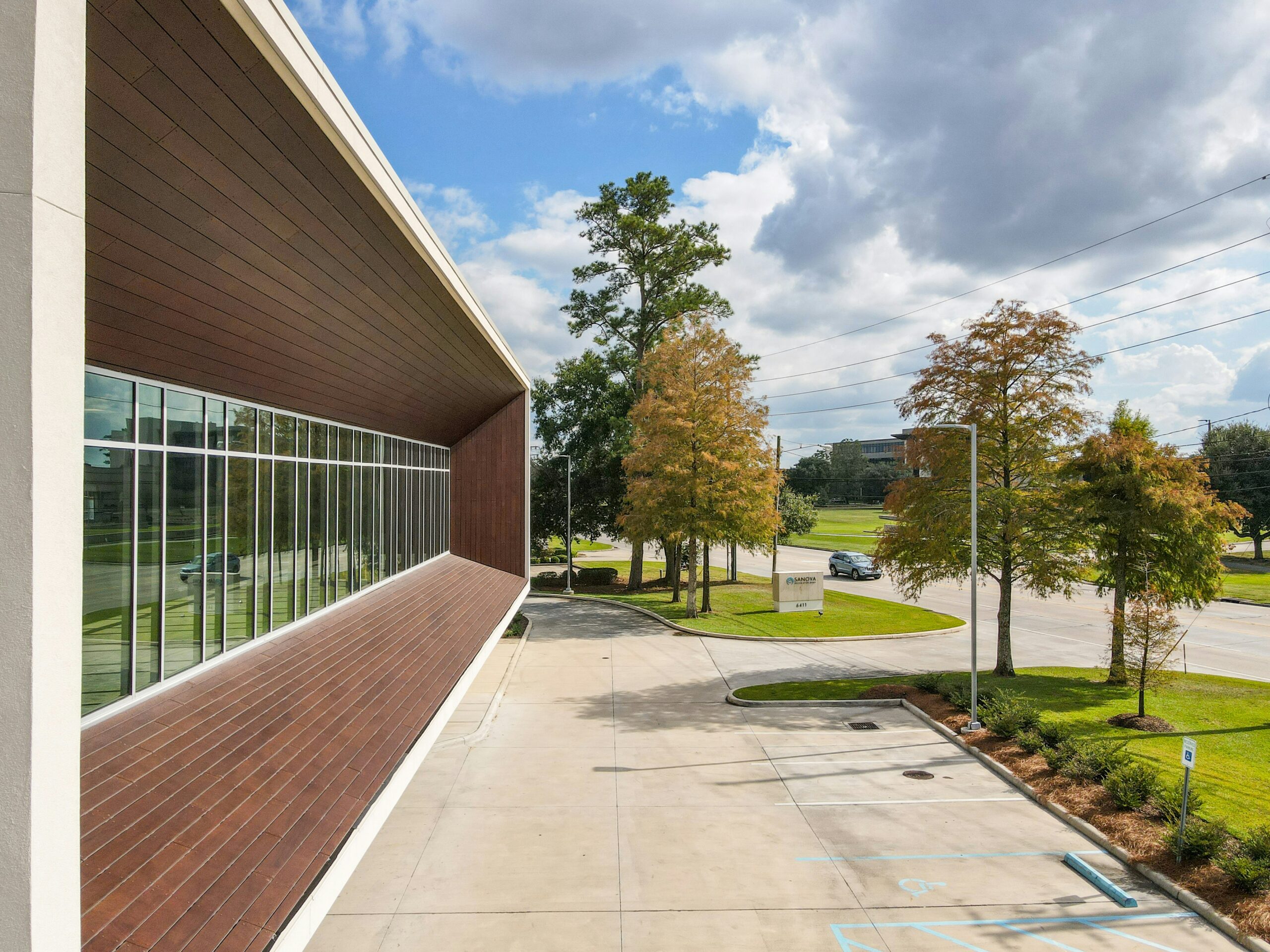What is Business Brokering?
Business brokering is when a third party helps clients buy or sell companies. Like a real estate broker, a business broker represents the buyer or seller throughout the transaction in return for a commission or success fee.
Typically, businesses worth over $1 million will work with a mergers and acquisitions specialist, so business brokers specialize primarily in small businesses.
Why Use a Broker?
There are many reasons why using a business broker might make sense. Buying and selling companies can be a long and tedious process with many complexities. A broker is well-versed in the ins and outs of a transaction to ensure everything goes smoothly.
Additionally, a business broker is experienced in negotiations and will ensure your interests are well-represented. Similar to a real estate broker’s local market knowledge, a business broker is also an expert in business valuations and strategic pricing to guarantee you get top dollar when you sell.
Business brokers guide you through due diligence, licensing and permitting, and contract writing throughout the buying or selling process. As your fiduciary, they will protect your best interest at each step and relieve you of much of the legal liability.
Northern CO Commercial Real Estate
At Northern CO Commercial Real Estate, we are well-equipped to handle both your real estate and business brokering needs. With many years of experience in both types of brokering, we would love to be your one-stop shop for any commercial buying and selling.
Furthermore, when you refer a business to Northern CO Commercial Real Estate, and we end up brokering their transaction, we will pay a $250 referral fee directly to you. If you have questions about business brokering or commercial real estate, please contact Steve Longenecker and Northern Colorado Commercial Real Estate at WeBrokerCORealEstate or 720-600-9513.
We give out $250 gift cards for referrals that become our real estate clients.
Like, Share & Follow us on LinkedIn and Facebook.
#longmontcommercialrealestate #commercialrealestatebroker #northerncocommercialrealestate










